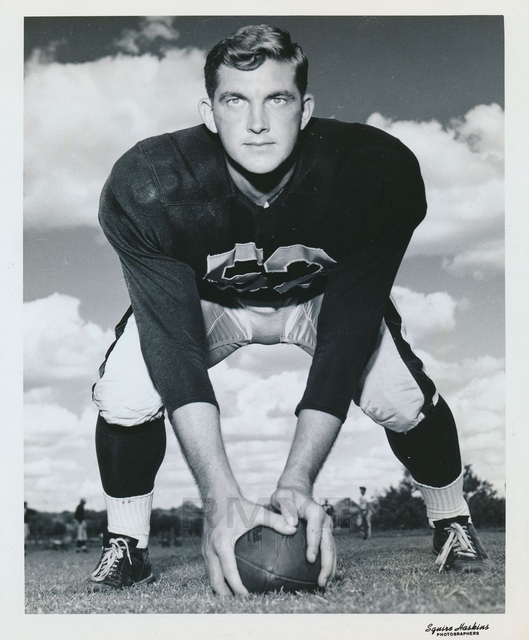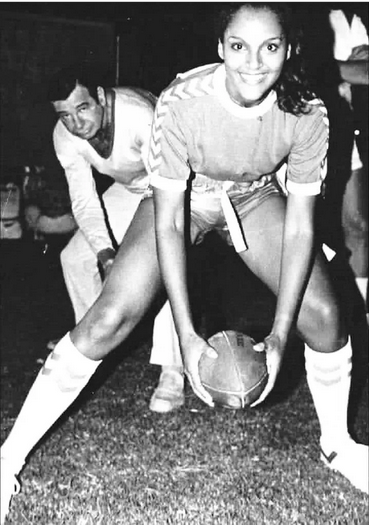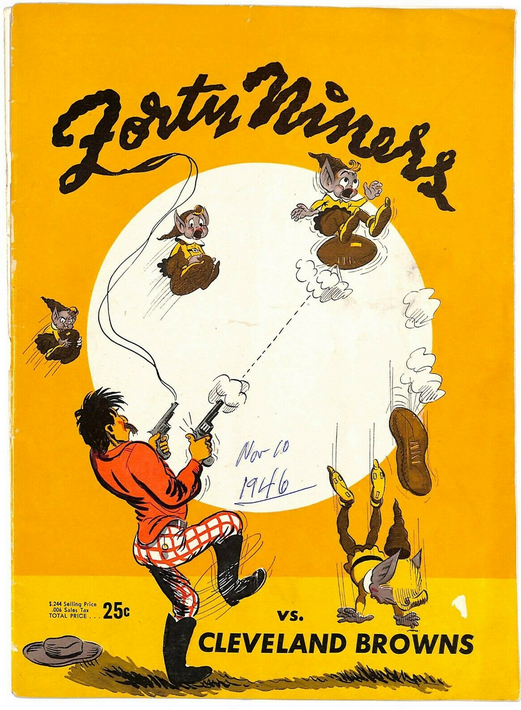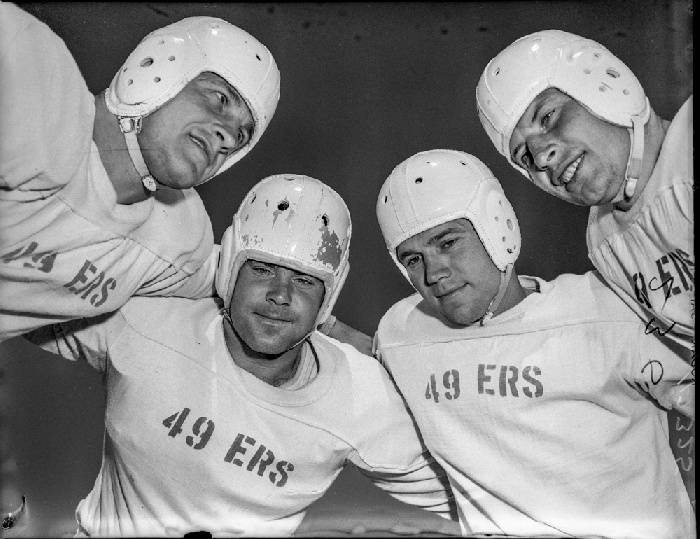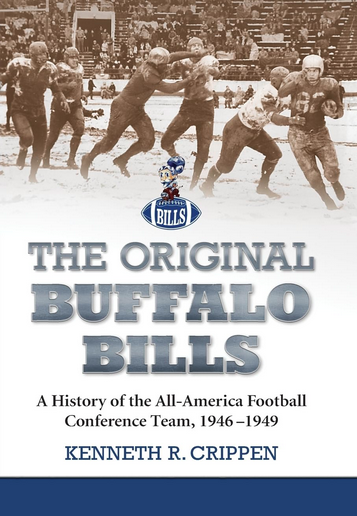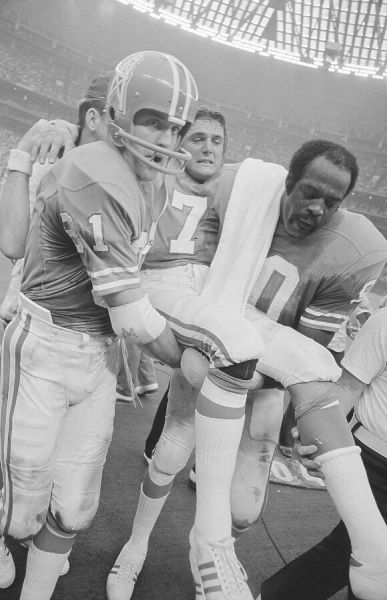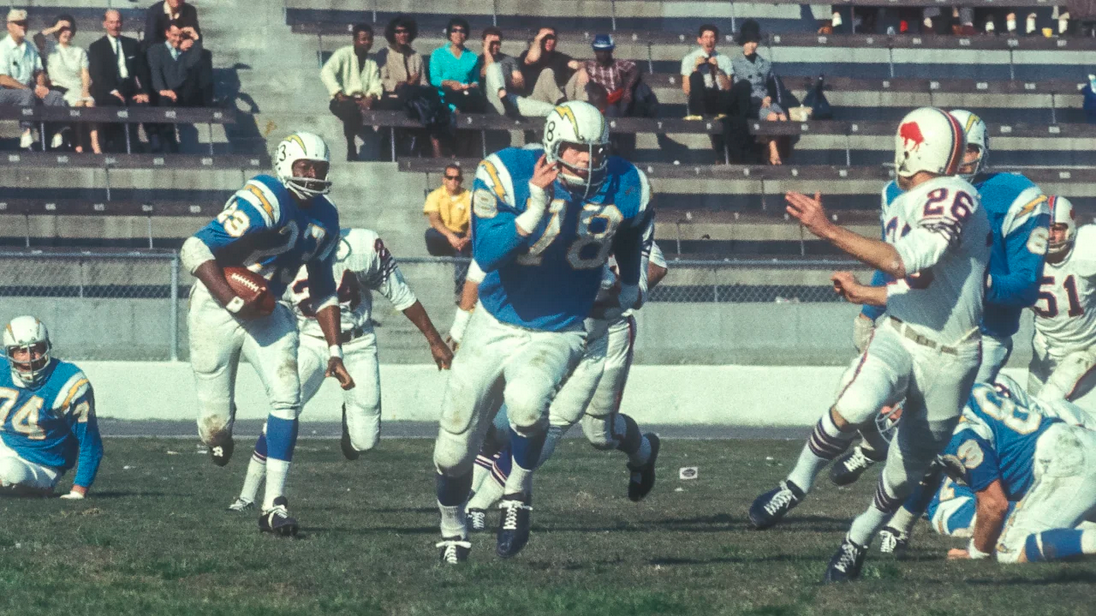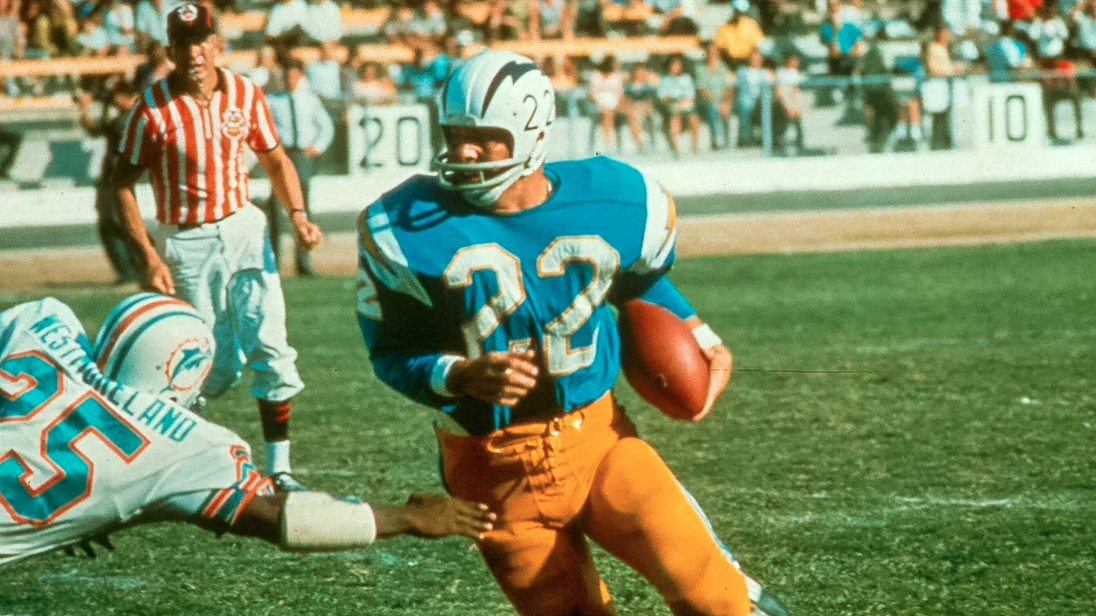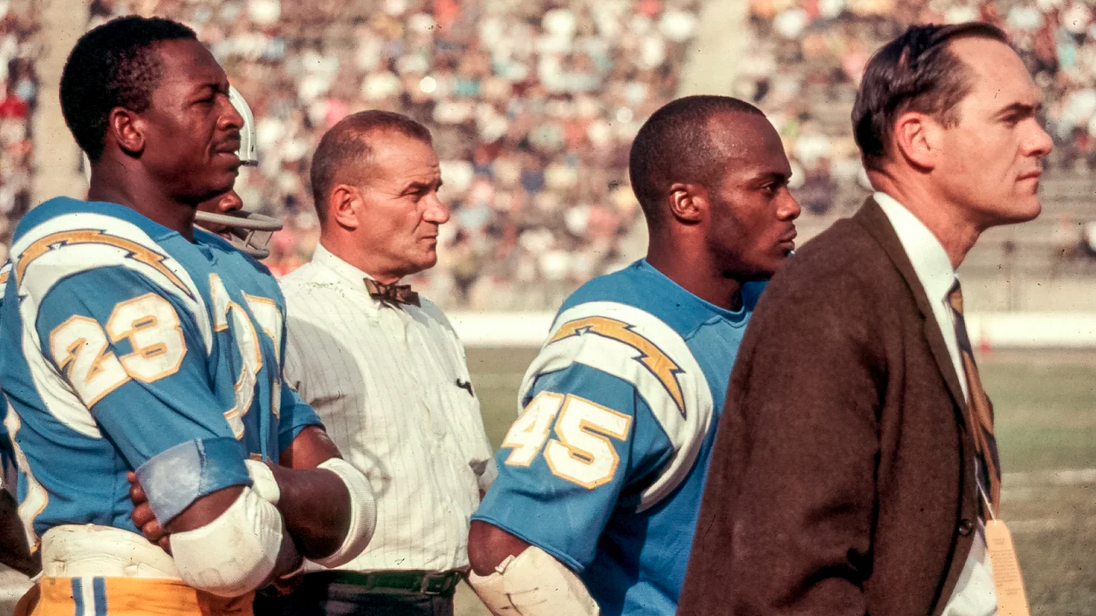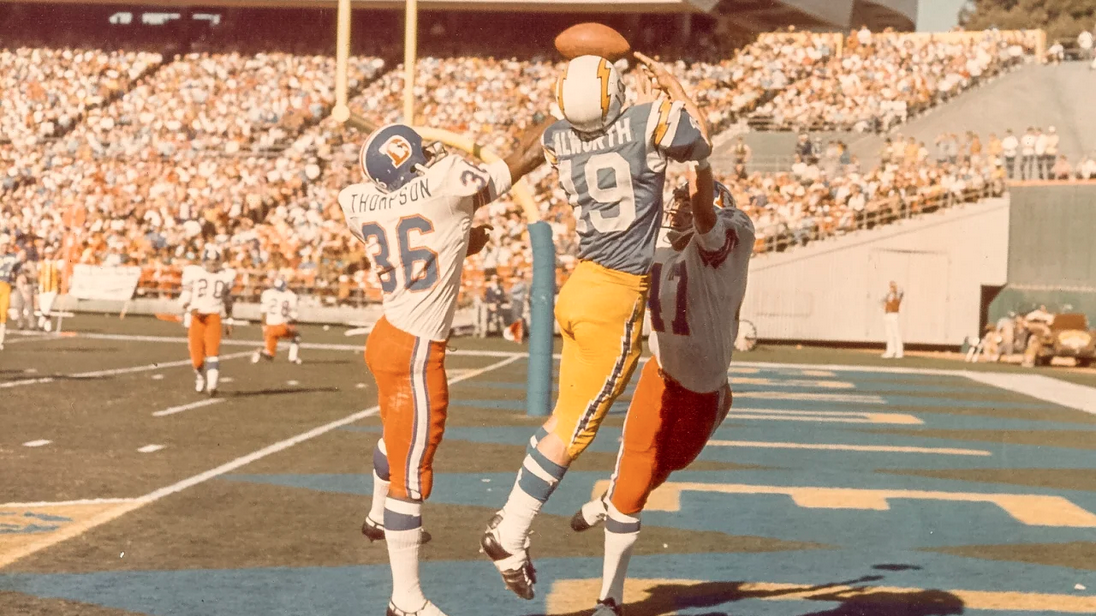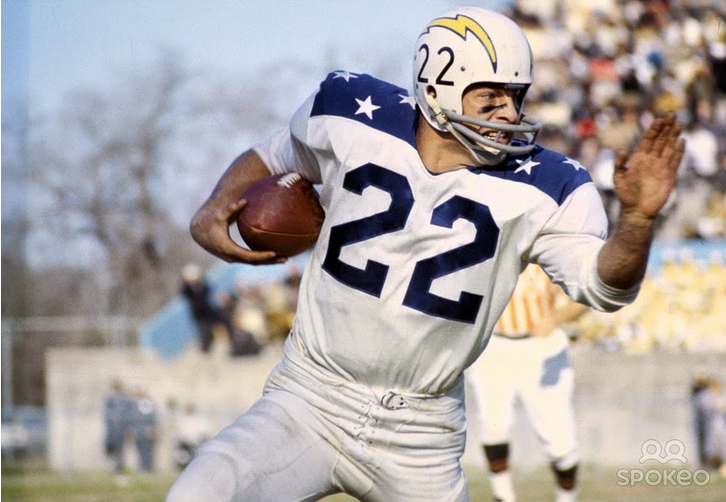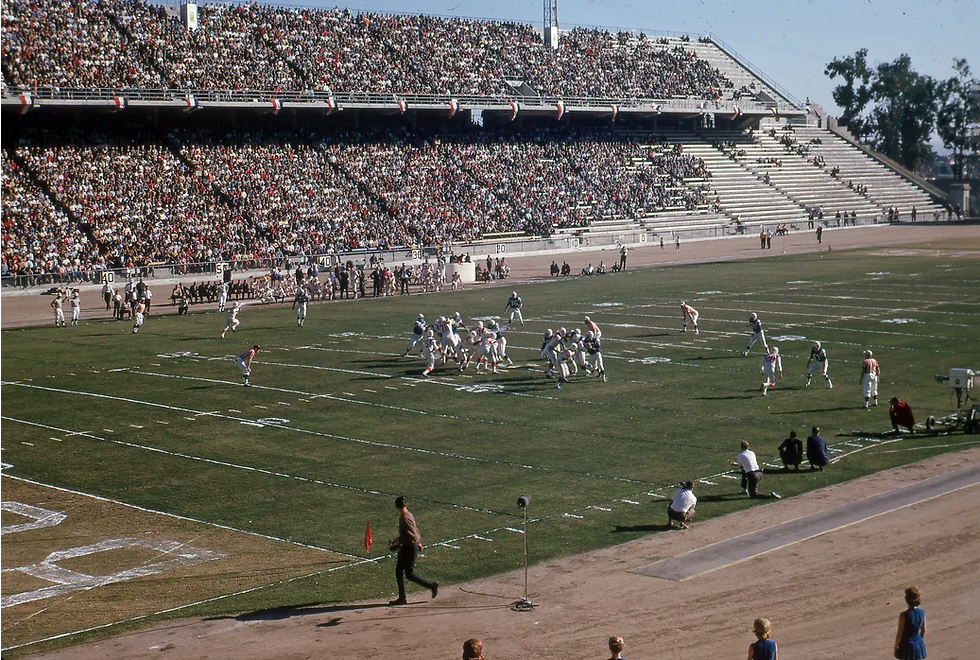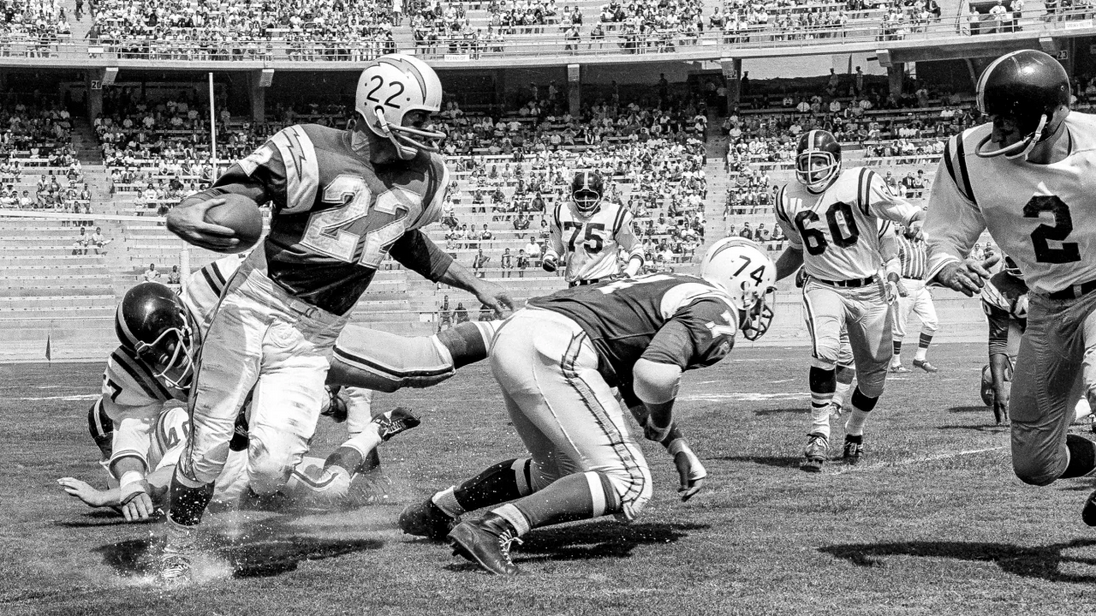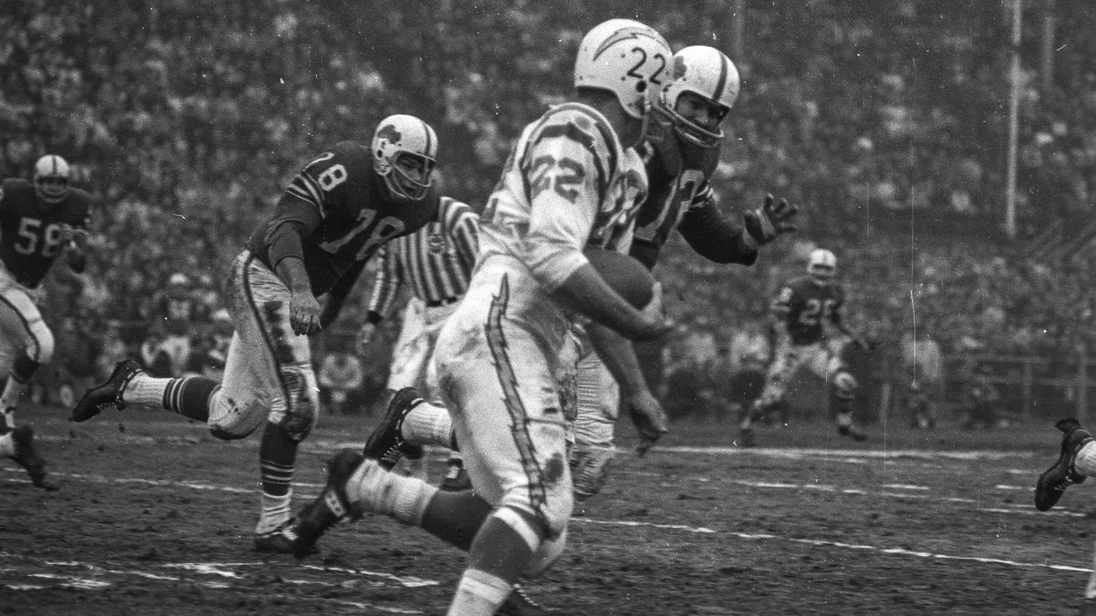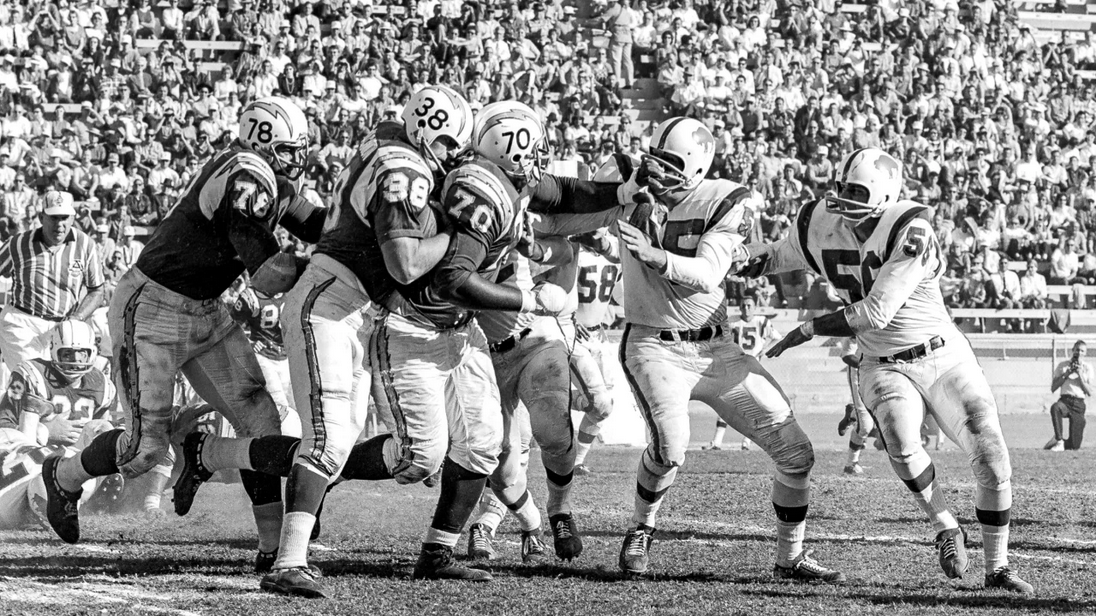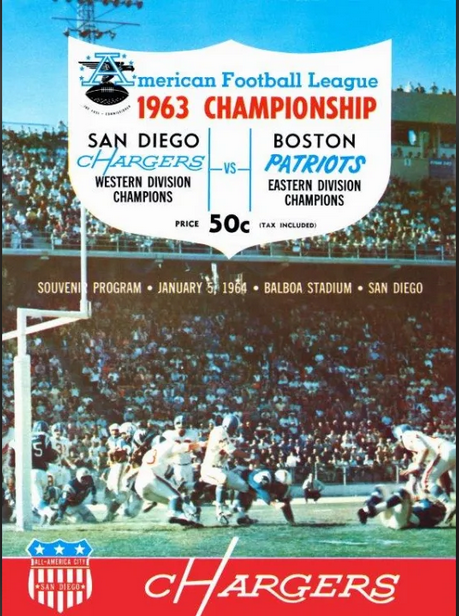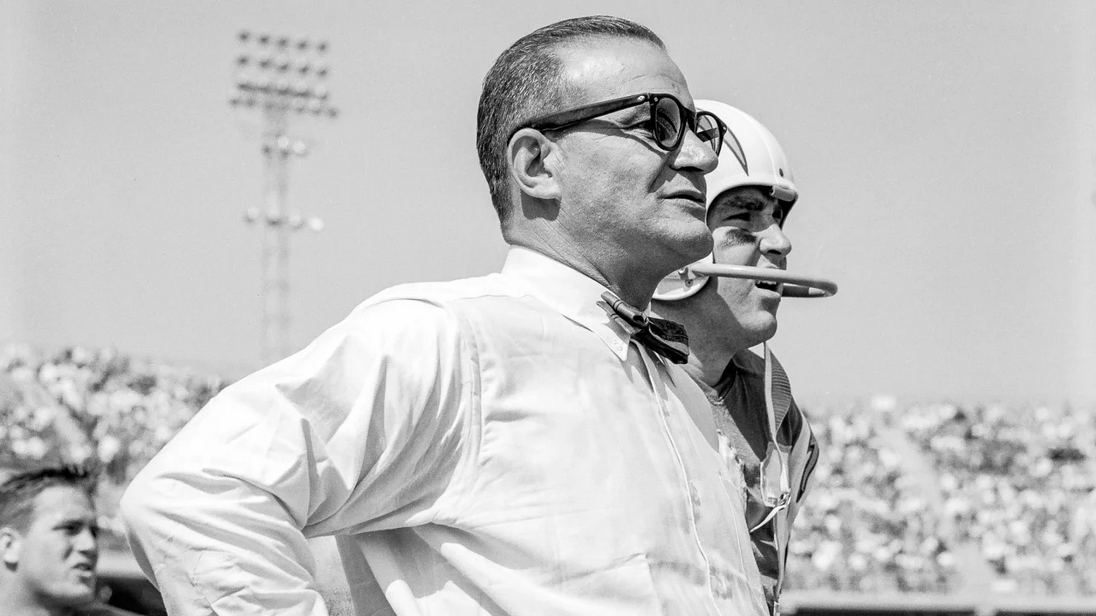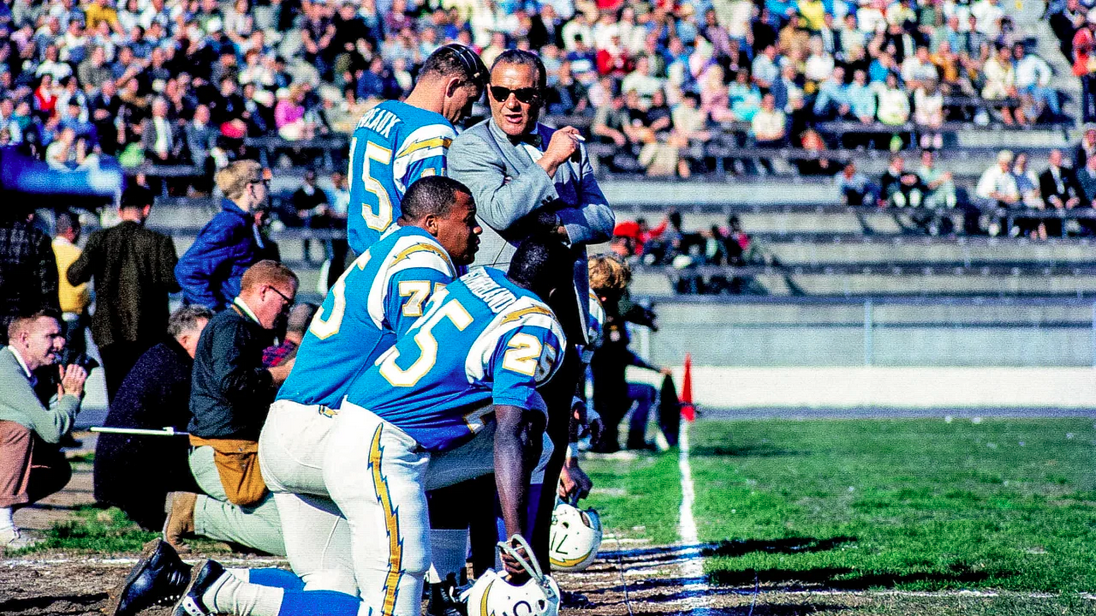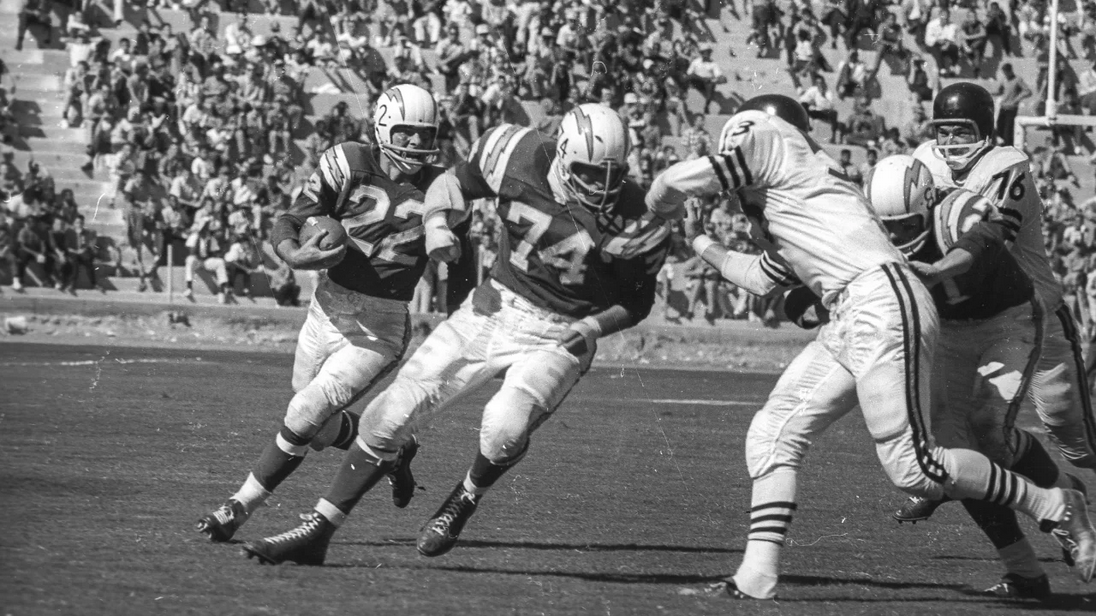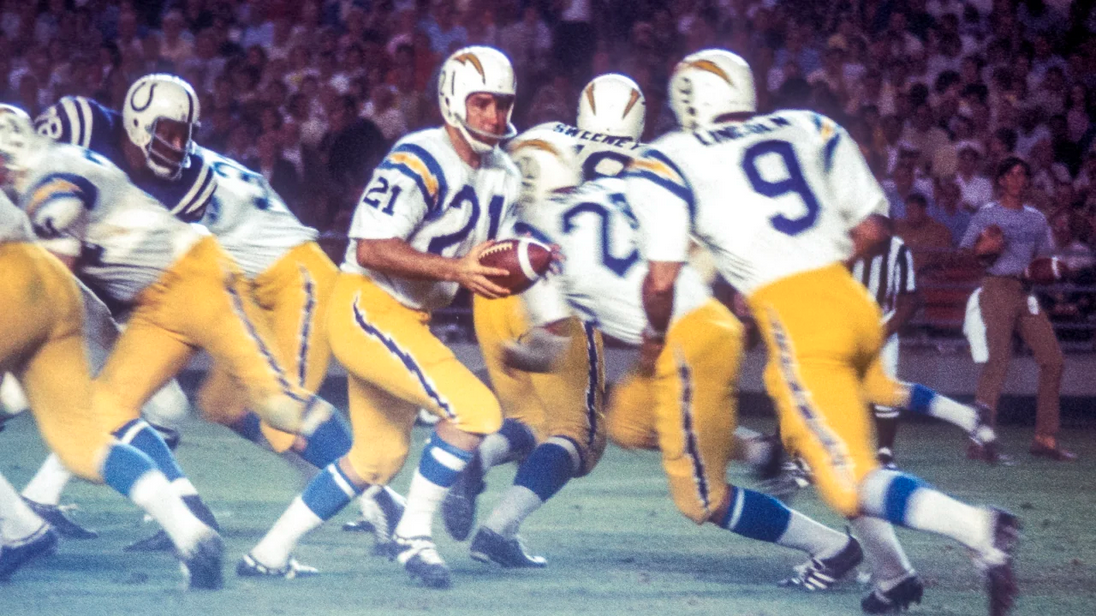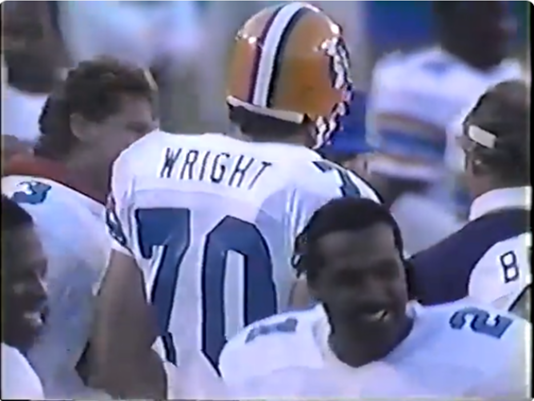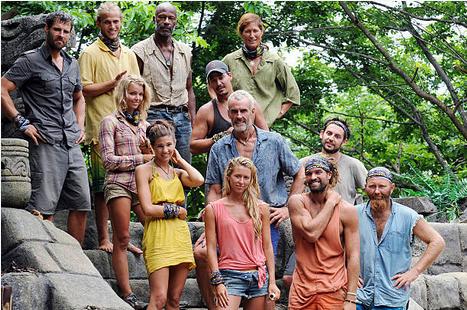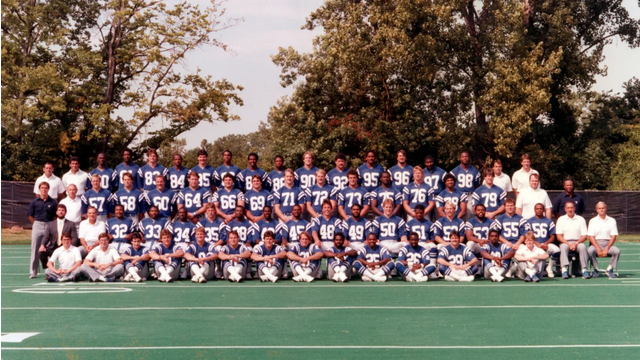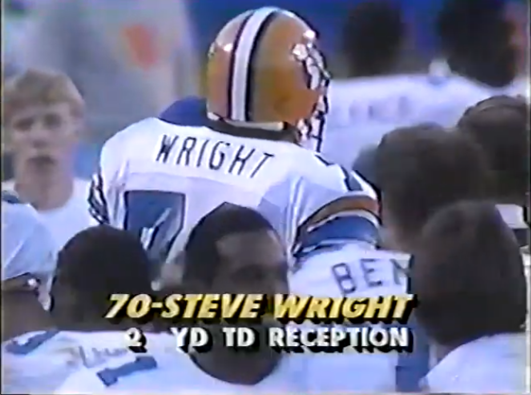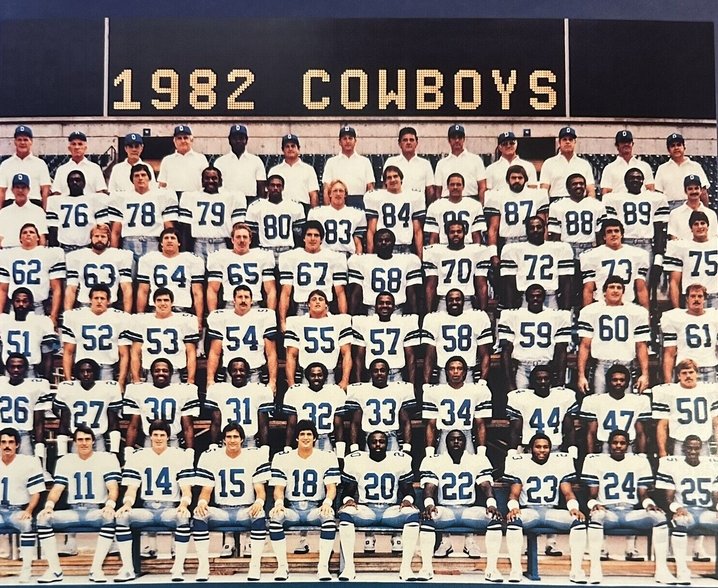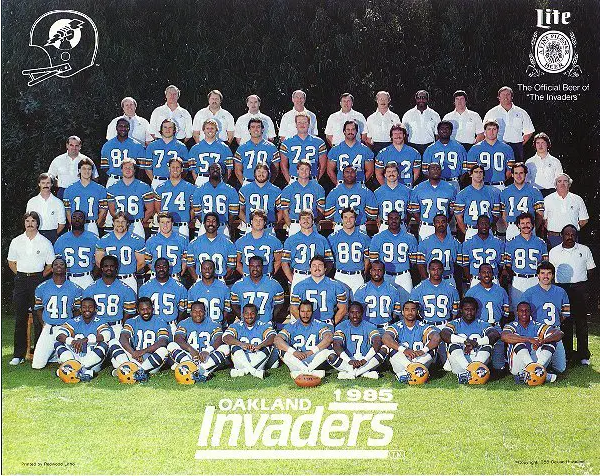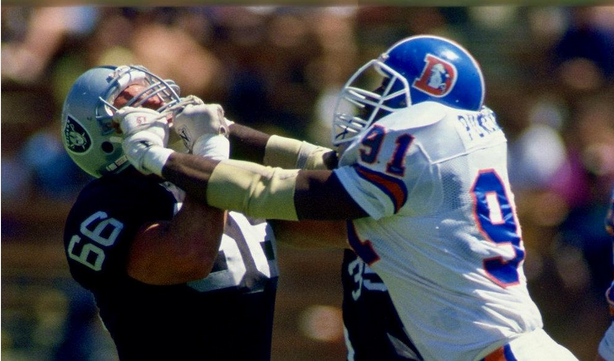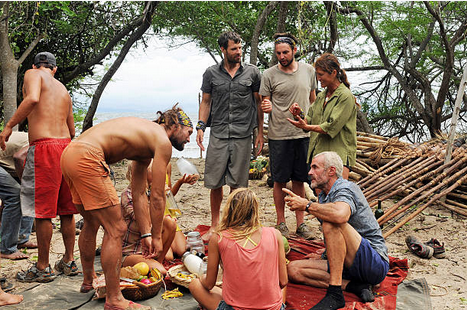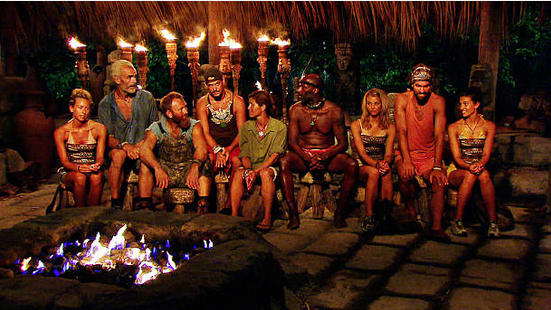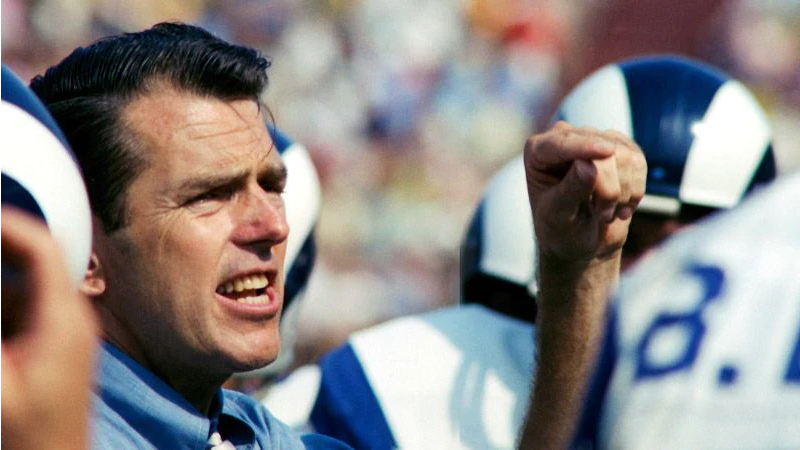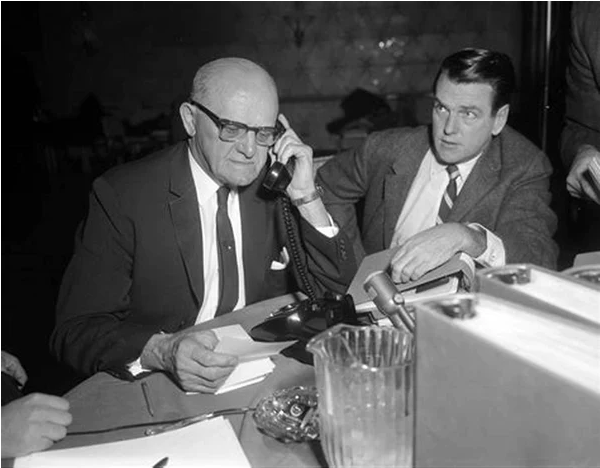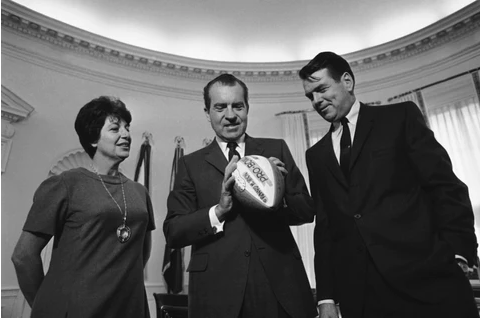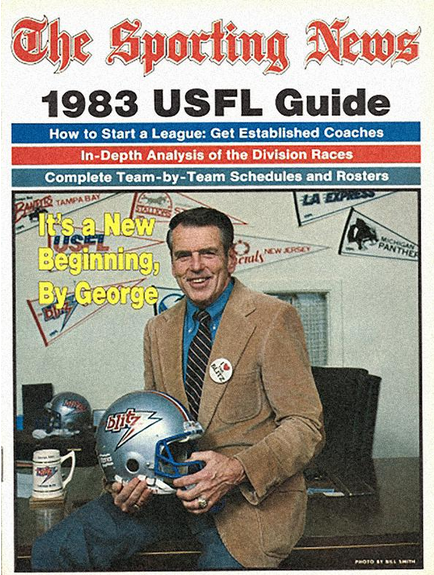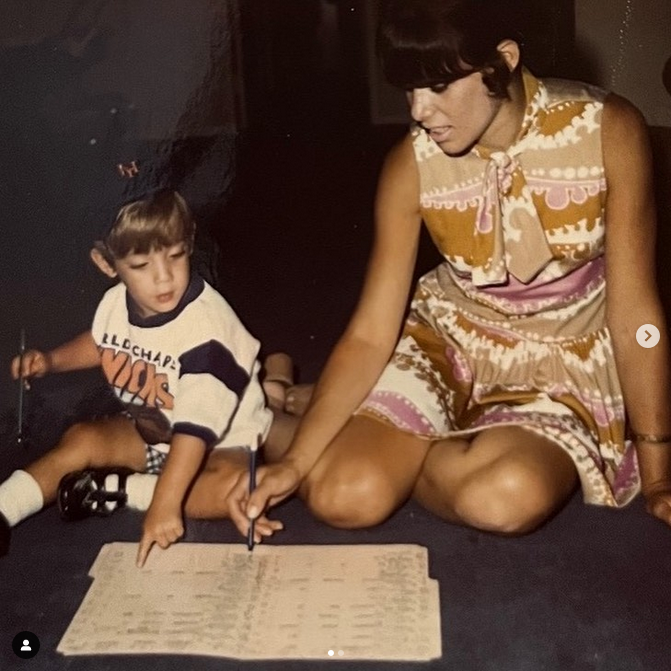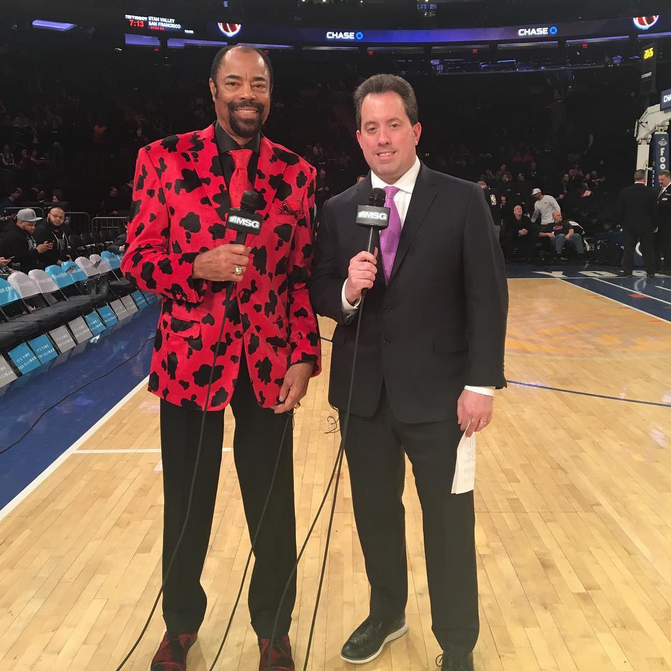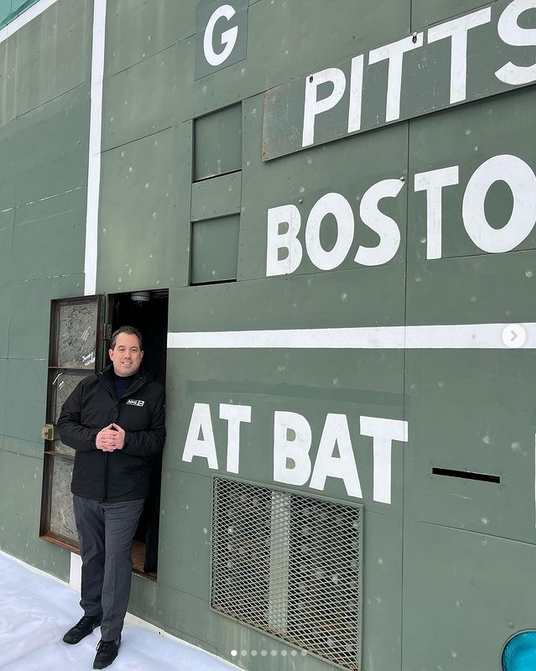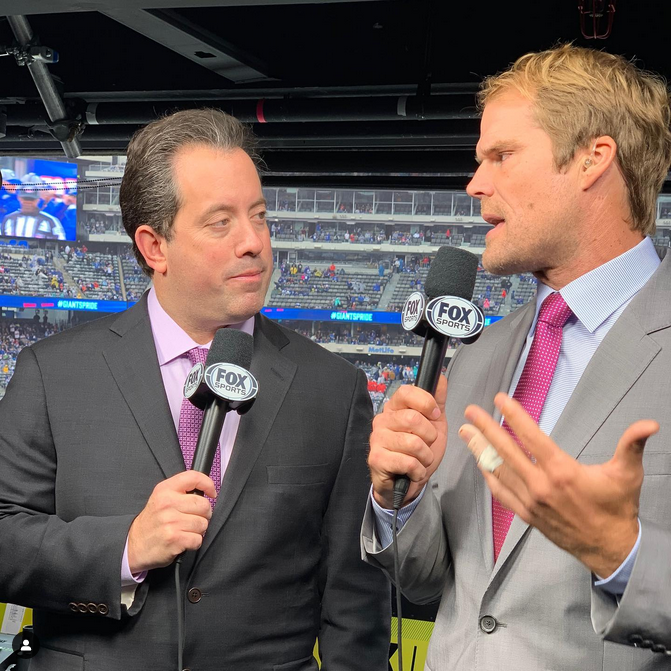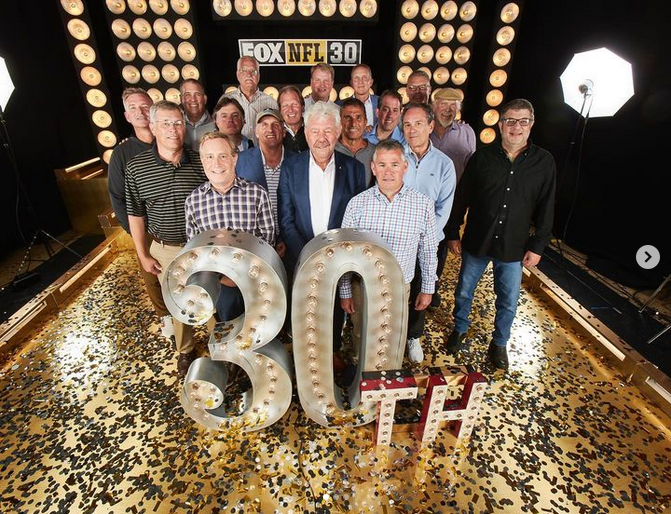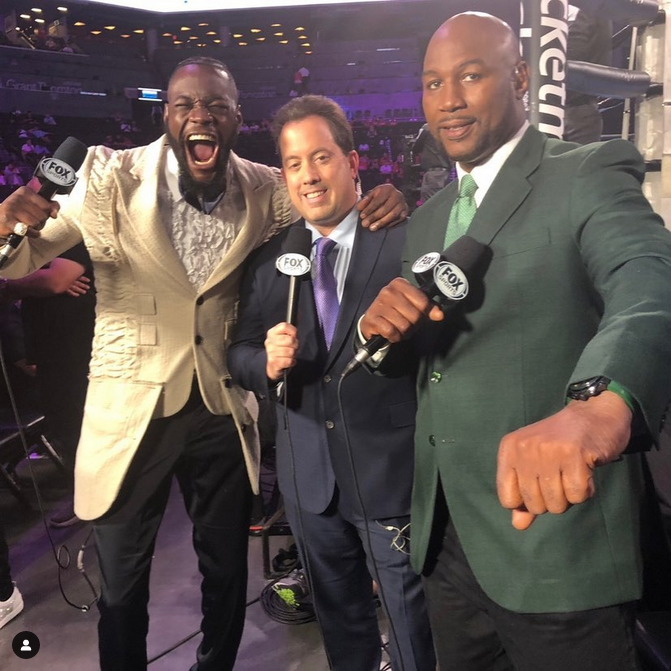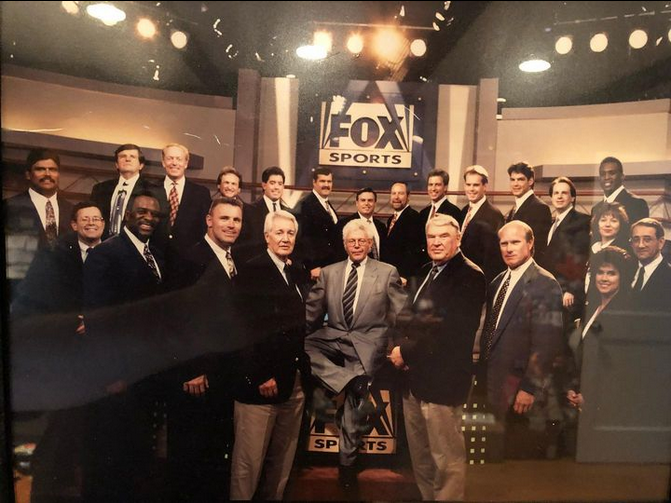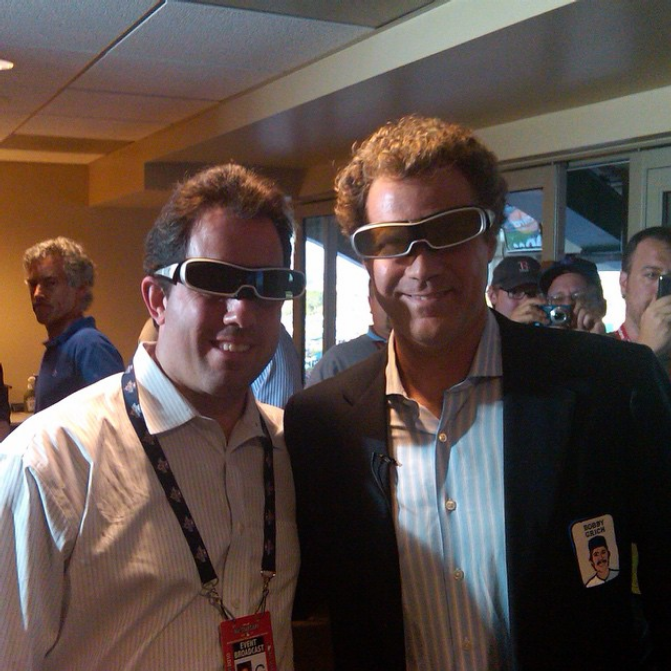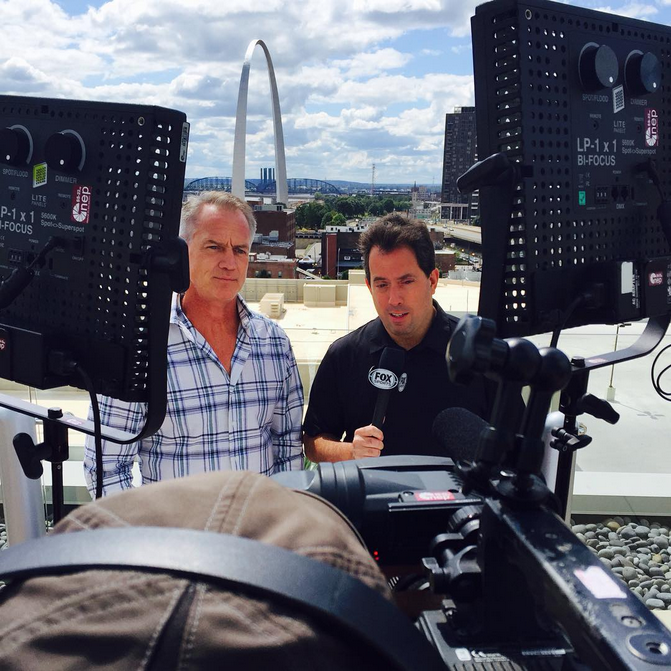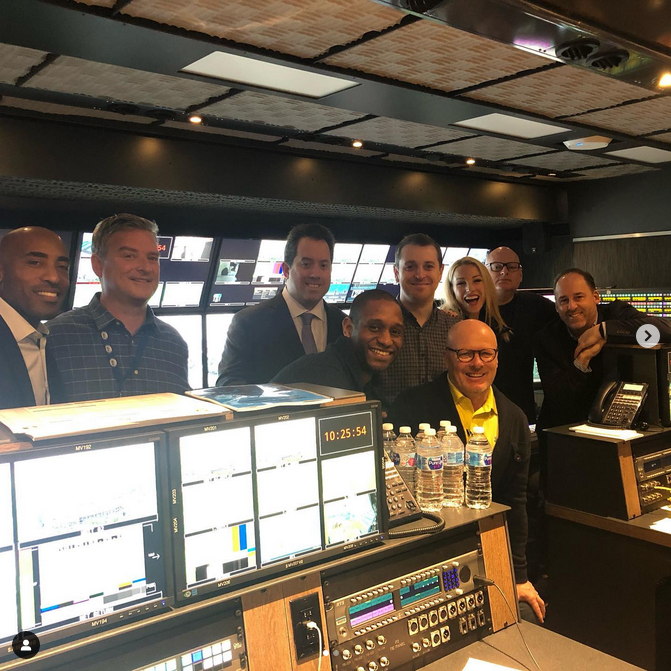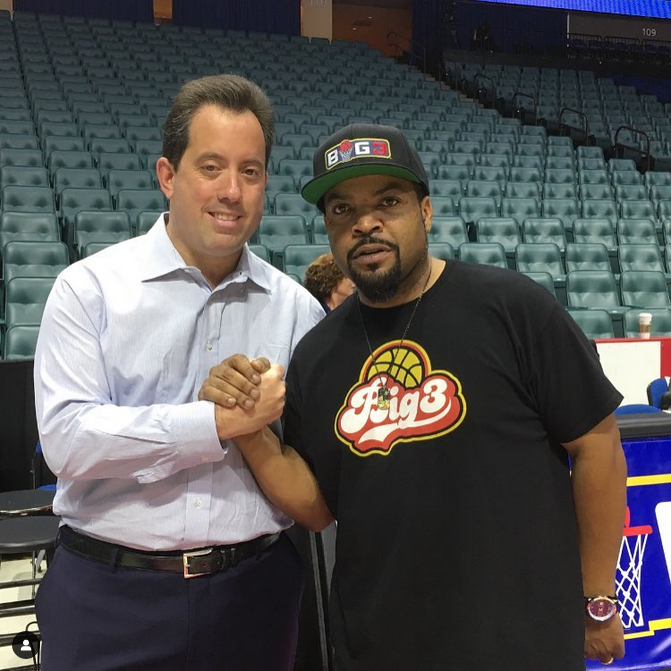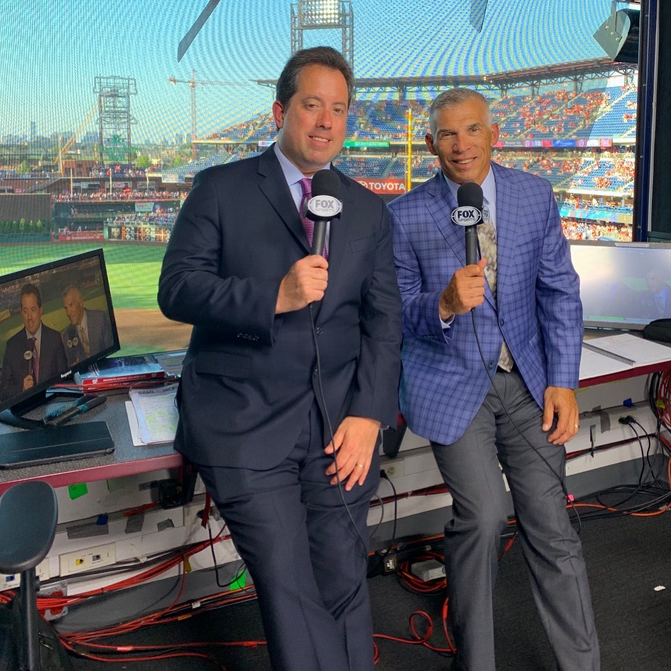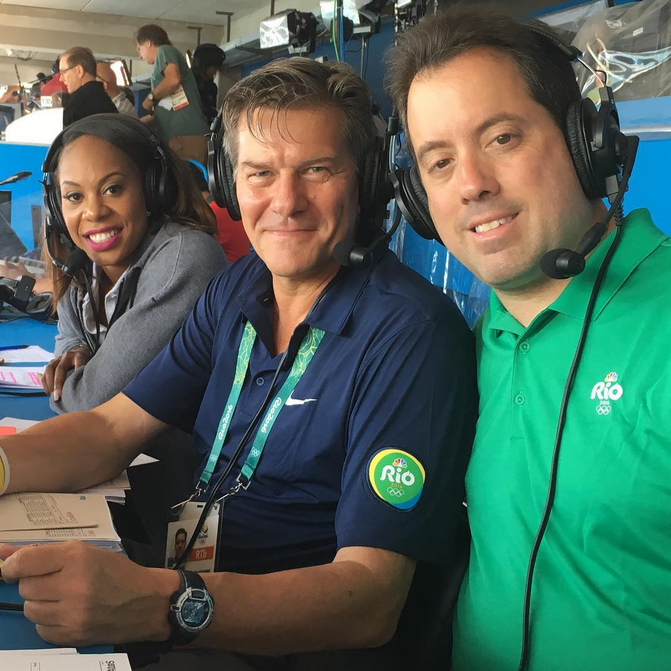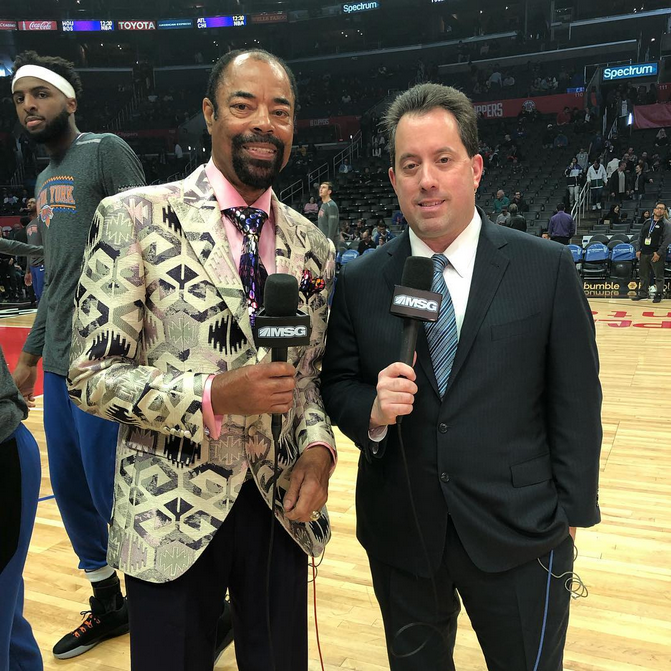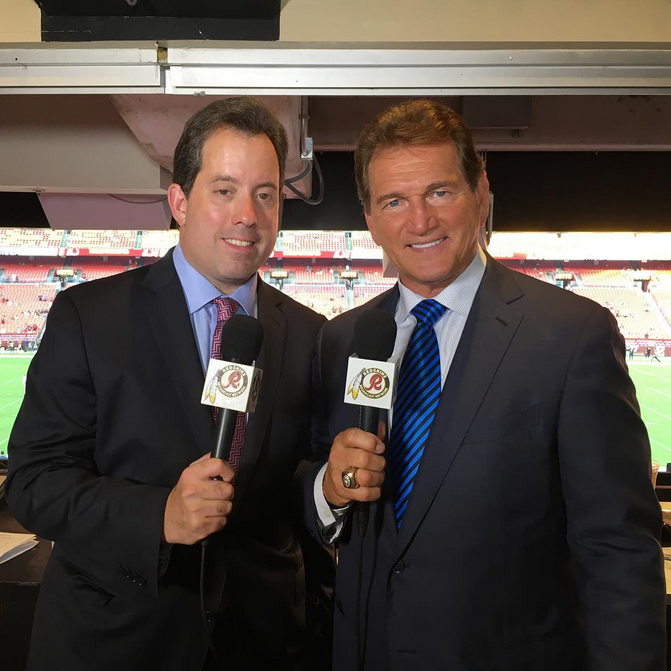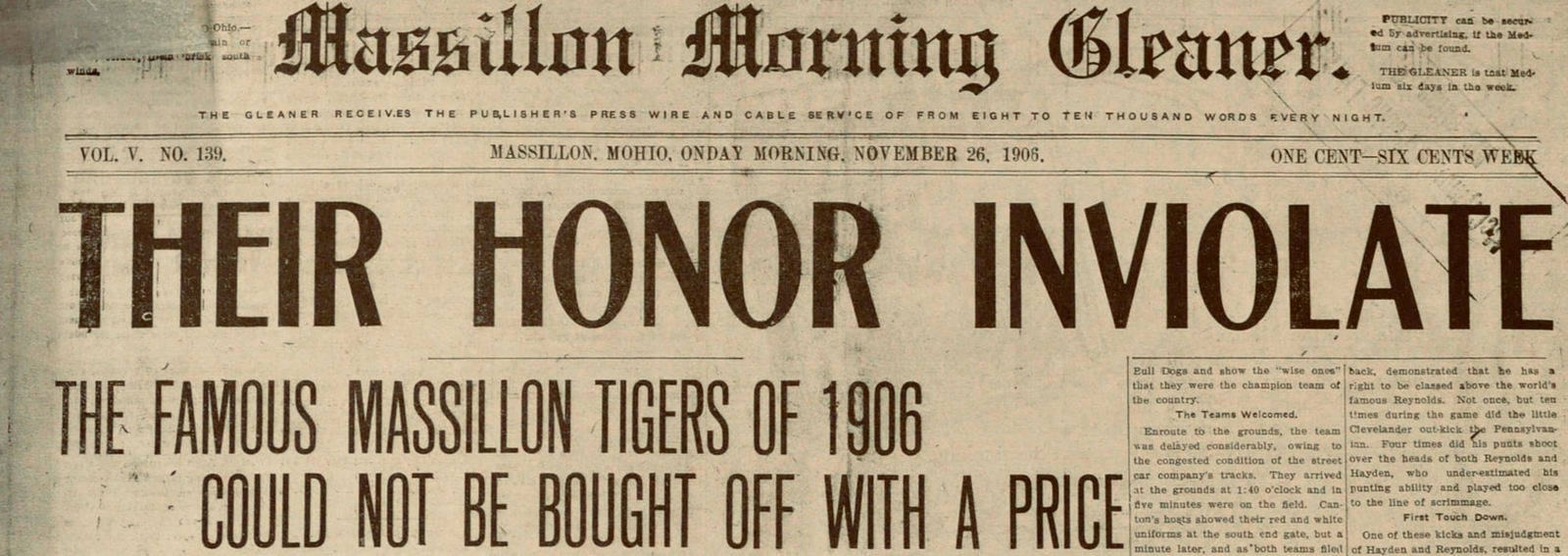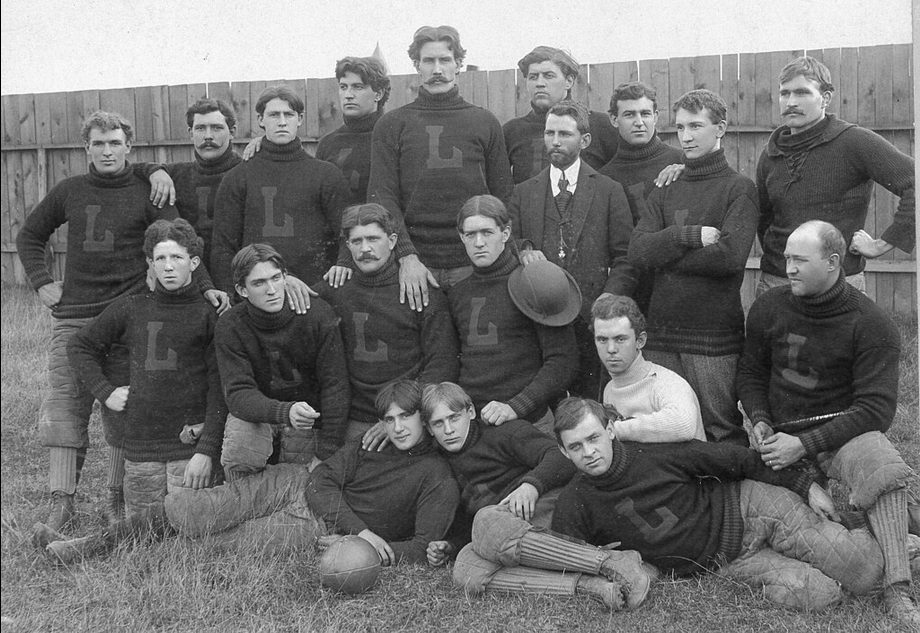Peabody Award-nominated writer and Episode 389 guest David Fleming (“Breaker Boys: The NFL's Greatest Team and the Stolen 1925 Championship”) returns to the show to unpack one of the National Football League’s most chaotic and fascinating chapters: the disaster of the 1952 Dallas Texans.
In his new book,"A Big Mess in Texas: The Miraculous, Disastrous 1952 Dallas Texans and the Craziest Untold Story in NFL History," Fleming chronicles the league’s first attempt to plant a professional football franchise in football-crazed Texas — a venture so ill-fated that the NFL reportedly still disavows it.
Fleming guides us through the Texans’ brief and turbulent existence, from their origins as the financially struggling New York Yanks to their relocation to Dallas under the ambitious but ill-prepared Miller brothers. We explore a 1–11 season riddled with logistical nightmares and meet the team’s unforgettable characters: future Hall of Famers Art Donovan and Gino Marchetti, unsung heroes like Buddy Young and George Taliaferro, and a broader cast of characters who fought to keep the team afloat despite unrelenting chaos.
You'll hear about rattlesnakes on the practice field, barroom brawls, bounced checks, paternity suits, one-legged trainers, humiliating defeats, a miraculous victory, strip poker with groupies, and even a future Hall of Fame coach stealing a cab. Amidst the madness, Fleming spotlights the Texans’ lone shining moment: a Thanksgiving Day "home game" upset over the Chicago Bears at the Rubber Bowl in Akron, Ohio — an improbable triumph that perfectly captured the team’s fleeting flashes of brilliance against a constant tide of organizational mayhem.
PLUS: your chance to win a copy of "A Big Mess in Texas"!

